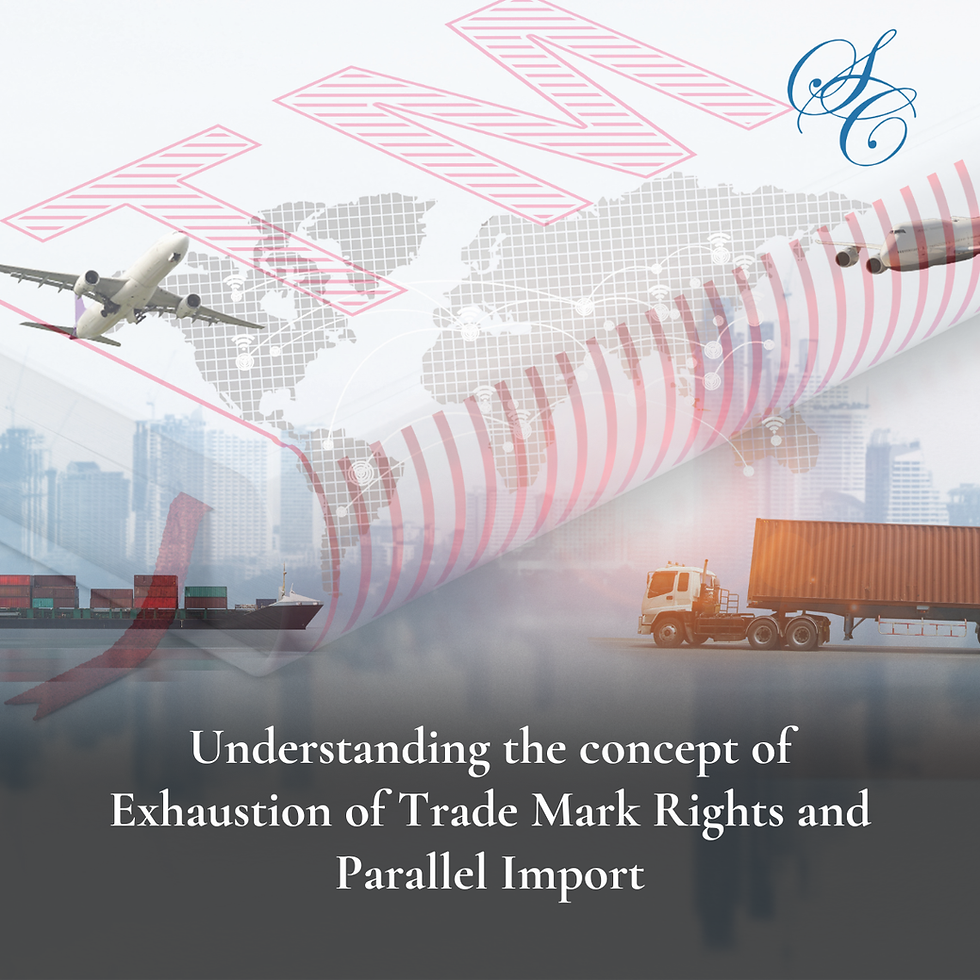Another Blow to Nestle—the FSSAI Order!
- Sarwajeet Singh
- Jun 17, 2015
- 2 min read
Nestle’s recall of the iconic MAGGI noodle brand continues to make news in India!
India’s food regulator, The Food Safety and Standards Authority of India (“FSSAI”), has determined that Nestle’s MAGGIE noodle packaging did not comply with the Food Safety Standards Act, 2006 (“FSSA”) and the Food Safety and Standards (Packaging and Labelling) Regulations, 2011 (“FSSR”). On 5 June, 2015, the FSSAI served an order on Nestle stating, inter alia, that Nestle had failed to comply with the FSSA and the FSSR (see order here)
MAGGI noodles contain hydrolysed ground-nut protein, onion powder and wheat flour. All of these contain MSG or monosodium glutamate (a product that is widely used by food manufacturers as a flavour enhancer). Generally speaking, MSG is regarded as safe, but, if it is above permissible limits, it has been known to have ill-effects on the human body. Each packet of the noodles has a label that states “No Added MSG”. Nestle argues that its labelling is accurate because it does not add MSG to the noodles. Rather MSG is a naturally occurring element in its tastemaker and noodles. Nestle relied on a legal opinion it had taken from a former Chief Justice of the country among other things. The FSSAI disagrees.
In its order, the FSSAI has relied primarily on the following provision in the FSSR:
Every pre-packaged food shall carry a label containing information as required hereunder unless otherwise provided, namely, pre-packaged food shall not be described or presented on any label or in any labelling manner that is false, misleading or deceptive or is likely to create an erroneous impression regarding its character in any respect;”
The FSSAI reasons that the above regulation “prohibits any other information on the label other than what is otherwise provided for in the FSSR”. The order states that it Nestle is not required to make any assertion about MSG under the above provision and that it “defies the common understanding” as to why such an assertion would be made. It then goes on to conclude that the apparent reason for the label regarding the MSG “is driven by an undue commercial advantage/ benefit to create an erroneous impression in the minds of consumers regarding the character of the product”.
The order borrows from a document on the web site of the United States Food and Drug Administration (“USFDA”). This document (access document here ) states that in case of those products that naturally contain MSG, there is no requirement that the label also state this fact. However, as per the USFDA, foods with any ingredient that naturally contains MSG cannot claim “No MSG” or “No Added MSG” on their packaging.
Therefore, the FSSAI concludes that it is clearly established that Nestle’s label, “No added MSG” violates the FSSA and FSSR.
This latest order is another blow to brand MAGGIE and Nestle must change the labelling on its packaging. The FSSAI has come down hard on Nestle and its losses from the recall are in excess of INR 210 crore (approx. USD 32.75 million). The lesson from the MAGGIE saga: if you are a food company or represent a food company, you/your client must ensure that any packaging complies with the FSSA and the FSSR.




Comments